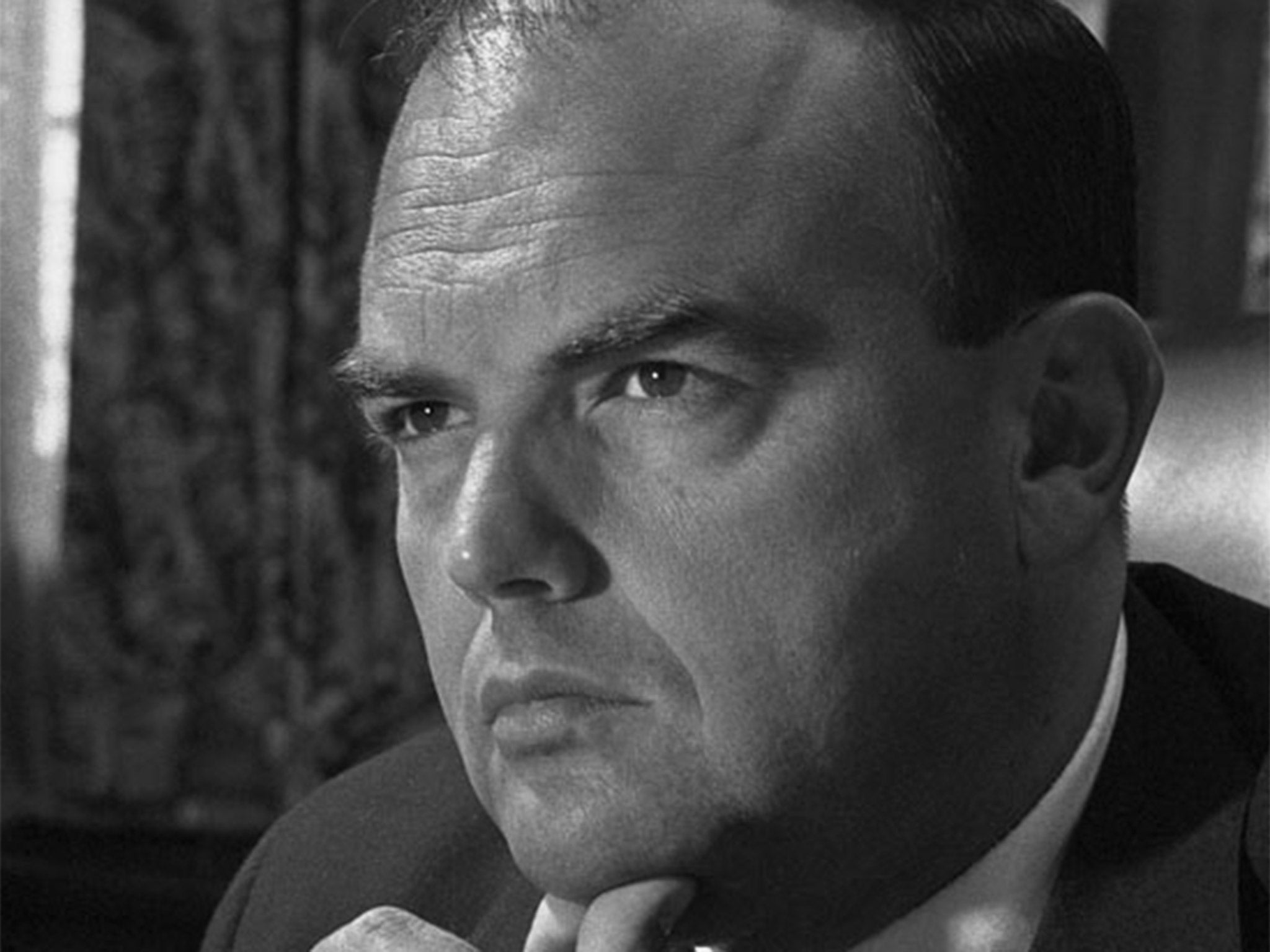Richard Nixon used America’s ‘war on drugs’ as excuse to target ‘anti-war left and black people,’ claims former aide
The civil rights leader, Rev Al Sharpton, said that John Ehrlichman’s remarks were ‘a frightening confirmation of what many of us have been saying for years’

America’s so-called “war on drugs” began as little more than a ploy to enable Richard Nixon to go after his political enemies, one of the disgraced President’s former policy gurus admitted in an interview which has surfaced for the first time.
John Ehrlichman, who had advised Nixon on domestic policy, told the journalist Dan Baum that the drugs war was an excuse to target “the anti-war left and black people”, Mr Baum writes, in a new report advocating drug legalisation for Harper’s Magazine.
“The Nixon campaign in 1968, and the Nixon White House after that, had two enemies: the anti-war left and black people,” Mr Ehrlichman said in the 1994 interview.
“We knew we couldn’t make it illegal to be either against the war or black, but by getting the public to associate the hippies with marijuana and blacks with heroin, and then criminalising both heavily, we could disrupt those communities.
“We could arrest their leaders, raid their homes… and vilify them night after night on the evening news. Did we know we were lying about the drugs? Of course we did.”
In 1970, Nixon signed the Comprehensive Drug Abuse Prevention and Control Act; three years later he set up the US Drug Enforcement Administration, naming drug abuse “Public Enemy No 1”.
His former aide’s claims about his motives may be overblown, though. Mr Ehrlichman, who died in 1999, spent 18 months in jail for his part in the Watergate scandal that brought Nixon down, and he reportedly remained bitter that his old boss never pardoned him.
The drug war has been waged by seven subsequent administrations and is widely considered a failure. It has, however, succeeded in victimising black people. Minor drug offences remain the major contributor to the overcrowding of US prisons, and their enforcement targets mostly young black men.
The Rev Al Sharpton, a civil rights leader, told the New York Daily News that Mr Ehrlichman’s remarks were “a frightening confirmation of what many of us have been saying for years. That this was a real attempt… to demonise and criminalise a race of people.”
Join our commenting forum
Join thought-provoking conversations, follow other Independent readers and see their replies
Comments
Bookmark popover
Removed from bookmarks